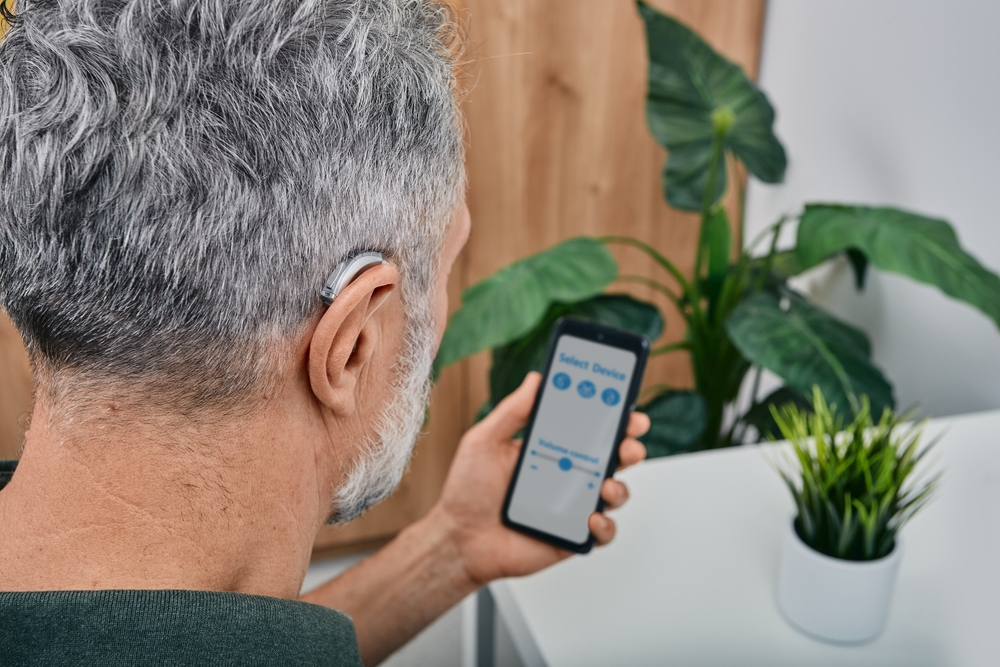
Even mild hearing loss can significantly impact everyday life, affecting interactions with friends, family, and colleagues, as well as complicating regular activities like grocery shopping. But transformative changes can be introduced by the use of properly tuned hearing aids.
Top ten reasons to get hearing aids
Even though enhancing hearing is the evident and primary advantage of hearing aids, their positive effect goes way beyond that. Let’s explore the comprehensive advantages that using hearing aids can offer.
Stronger relationships due to better communication
Clear communication is the foundation of meaningful relationships. Relationships can be strained when hearing loss leads to missed communication. Feelings of separation and stress will be reduced and your ability to communicate with others will be improved by using hearing aids.
Enhanced independence
Untreated hearing loss results in obstacles in communication causing tasks like buying groceries to become difficult. Hearing aids enable you to navigate these situations independently by improving your ability to hear and understand speech in various environments. Having a better sense of independence will help you do things that require enhanced situational awareness like driving, for example.
Prospect of higher income
In professional situations, effective communication is crucial. Your job efficiency and career development can be diminished by untreated hearing loss which can affect how you participate in meetings and other work-related gatherings. By using hearing aids, you can stay engaged and alert, enhancing your productivity and opening doors to career opportunities.
Discomfort From Tinnitus Can be Reduced
Hearing loss is commonly accompanied by tinnitus symptoms or ringing in the ears. Hearing aids can offer relief from tinnitus for some people by masking symptoms.
Cognitive decline can be mitigated
Some research has uncovered a link between untreated hearing loss and cognitive decline, including dementia. It’s possible that utilizing hearing aids to treat neglected hearing loss can reduce the chance of cognitive impairment and help sustain the overall health of the brain.
The enjoyment of music
The perception of music will be less pleasurable if hearing loss is altering your perception of it. The depth and richness of musical sounds can be restored by hearing aids which fill in the frequency gaps so you can take pleasure in your favorite songs again.
Boosted confidence
Clear hearing builds confidence in social interactions and professional settings alike. With improved communication abilities, you’ll feel more self-assured and competent, enhancing your overall quality of life.
Increased energy levels
Neglected hearing loss pushes the brain to work overtime to fill in missing sound which can be mentally draining. With hearing aids, you won’t feel so fatigued and will be able to take part in all of those activities that you enjoy.
Improved safety and awareness
Whether you’re driving an automobile or crossing the street, being aware of your environment is a vital part of safety. Hearing aids restore environmental sounds, like approaching vehicles or alarms, ensuring that you can respond properly and safely.
Establishing an example that is positive
Choosing to wear hearing aids demonstrates a proactive approach to health and well-being, establishing a positive example for other people facing similar challenges. It inspires people around you by revealing a commitment to personal improvement and growth.
Get your hearing checked today
While the primary advantage of hearing aids is to boost auditory perception, the ripple effects on various facets of life are powerful. Hearing aids are a positive step to an improved quality of life, whether that means increased independence, better cognitive health, enhanced relationships, or a combination of these.
Make an appointment for a hearing test today and take the initial steps to better hearing.